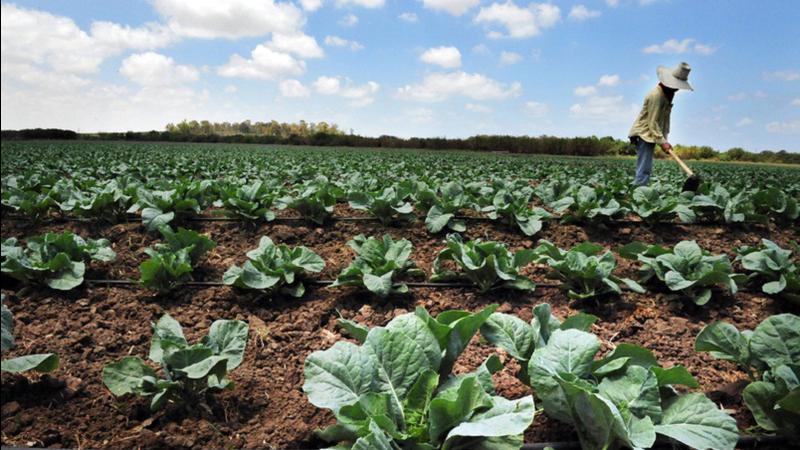
Agriculture Roundup for Friday May 12, 2023
An independent investigation by the Jamaican government has found the majority of Jamaican farmworkers who come to Canada each season are satisfied with their living and working conditions under the Seasonal Agriculture Workers Programme (S.A.W.P.).
The investigation was launched after international media attention emerged citing allegations difficult working conditions involving Jamaicans who come to work on Canadian farms every summer.
A survey of Jamaican workers found that more than two-thirds of respondents agreed that the work in Canada aligned with their expectations, with a smaller group of 14.6 per cent saying that enrolling in SAWP and the work required was easier than anticipated.
The consensus among the respondents was a standard of a 10-hour day and 40-hour week.


